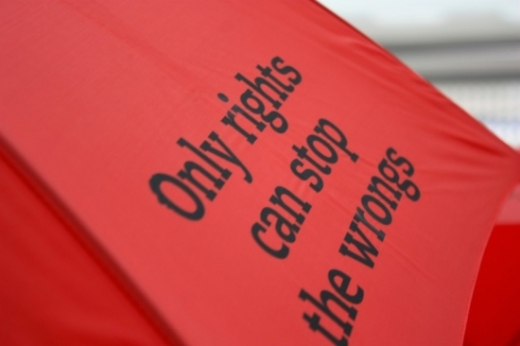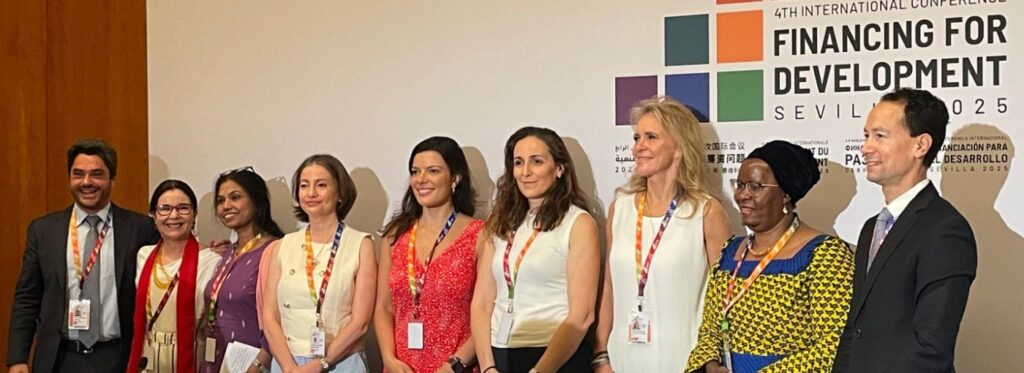At age 15, Tanaka (not her real name) was forced into sex work in order to fend for herself. Now aged 17, Tanaka has been through what can be simply described as hell, something a child like her ought never to experience. She fell pregnant hardly a year after she started engaging in sex work, and her tales of violence at the hands of men are harrowing and heart rending.
Tanaka lost her baby a few months after giving birth, a memory which evoked tears in her eyes as she recounted the story recently.
“I lost my father in 2004 and my mother ran off to South Africa, leaving my grandmother and I to fend for ourselves and I had to find employment,” she said as tears trickled down her cheeks.
Like Tanaka, many girls in Hopley – a sprawling settlement south of Harare, Zimbabwe’s capital -infamous for overcrowding, poverty and lack of sanitation – are marginalised, abused and forgotten. These young, vulnerable and innocent girls often end up just as statistics in well-polished reports, stripped of their humanity.
Sex work has become a means of survival for many young girls living in the peri-urban community where poverty and disease is rife. For many of the girls, sex work comes at a cost including violence, sexually transmitted infections, and stigma. Some men take advantage of the girls and refuse to pay for services and beat up the girls, physically and emotionally scarring them for life. Experiencing violence has devastating impact on all aspects of the girls’ wellbeing. It has a negative impact on the overall development of any community.
Lack of SRHR Awareness
The children, who are now engaged in sex, lack knowledge and access to sexual and reproductive health services resulting in poor negotiation of condom use with clients, who are often older than they are. According to Aids Map, young women in Zimbabwe have an increased risk of infection if they have a sexual partner who is ten or more years older. Such inter-generational relationships increase the risk of contracting HIV by approximately 75 per cent.
Lack of Birth Certificates
Section 81 of the Constitution of Zimbabwe amendment number 20 states that every child under the age of 18 years has the right to be protected from economic and sexual exploitation, child labour, maltreatment, neglect or any form of abuse and that every child has the right to prompt provision of a birth certificate. A common theme amongst all the girls interviewed during advocacy meeting organised by Katwse Sistahood in collaboration with the Parliamentary Forum and Civil Society Organizations in Hopely was the desire to continue with education. However, many of the girls do not have birth certificates, despite the fact that having a birth certification is stated as a right in the constitution.
A study by the Zimbabwe National Council for the Welfare of Children in Epworth, Harare on young women who sell sex indicated that push factors for commercial sex exploitation include family poverty, lack of school fees, violence and orphanhood.
Caring for the Girls
The Government of Zimbabwe recently announced that a sentence of 60 years of imprisonment be imposed for cases of rape of minors below 12 years of age and the disabled and, that a sentence of 40 years of imprisonment be imposed for the rest of the cases of rape or sodomy. This is a move in the right direction. But questions remain as to whether this law also protects children in commercial sex work? Men engaging in sexual acts with the girl children are committing rape and should face the full wrath of the law.
Are we doing enough to protect young girls like Tanaka in accordance with Section 81 of the Constitution which says that every child has the right to be protected from sexual exploitation and all other forms of abuse? Are we putting the child’s best interests first?
In the words of Carol Bellamy, “When the lives and the rights of children are at stake, there must be no silent witnesses.” Every girl deserves a chance. What are you doing to keep a girl’s dream alive?




